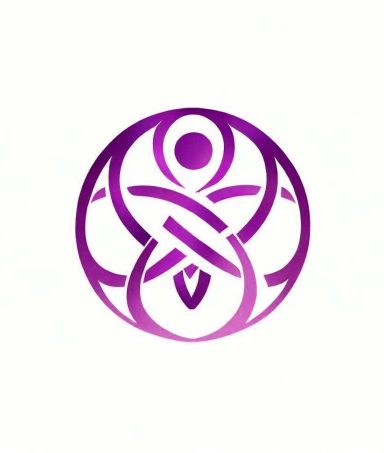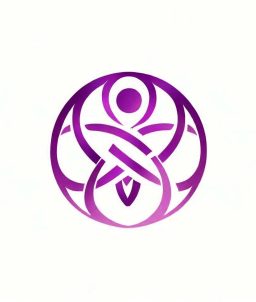What to Expect
Coaching allows exploration of a topic, challenging beyond current thinking, offering questions and inviting awareness. The process can help focus on areas to allow the client to unlock their own potential. The coaching partnership is independent, and confidential, allowing the client to explore thoughts and feelings that they may not feel able to share outside the partnership fearing judgement or influence from others. The meetings are a safe space, where judgement is suspended, and the coach only wants the best outcome for the client.
Starting Off
The coaching process will begin with a free introductory call, which gives both coach and client chance to explore if they want to work together. It allows the coach to gather information about why the client has reached out for coaching, and to share some background about themselves, allowing plenty of opportunity for questions. The initial meeting also gives the opportunity for the coach to work with the client to work out the overall coaching plan and goals.
Following the initial meeting, the coach will provide a written agreement with information about logistics, fees, scheduling, duration, and confidentiality.
Coaching Begins
The coaching will then begin! The sessions are always in the client’s control, and will always start with a check in on how the client wants to work in terms of how much they want to be challenged, and how they might work best for that session. The outcome and goals for that session will be set out, and the coaching during the session will work towards those goals, it is always possible to reset boundaries, and outcomes depending on what is discussed. During the session the coach will ask questions, listen, offer feedback, and offer suggestions to explore issues from different perspectives. The client should leave the session with a list of actions that the client is committed to take.
The Coach's Role
To manage the time during the session.
To listen, be objective and keep client on track during session.
To maintain confidentiality unless an emergency situation occurs.
To support, motivate and challenge the Client to meet their agreed goals.
To be 100% committed to the Client.
To meet all GDPR requirements.
To work within the ICF code of ethics.
To hold valid Indemnity insurance. A certificate can be provided on request.
The Client's Role
Coaching is not
To keep the appointment and arrive on time.
To work on agreed goals between appointments and take responsibility for their results.
To give any feedback to the Coach at the end of each appointment.
A coach does not provide solutions, or teach a client what to do.
Coaching is not therapy. Deeper problems, such as depression or trauma, require intervention by a psychologist or psychiatrist. The coach will signpost to the appropriate professional body, and encourage the client to seek help. It is possible to see both a coach and a psychologist or psychiatrist at the same time, however boundaries between topics will be defined.
Coaching is not a quick fix, or a one size fits all approach.
Coaching is not appropriate if an individual is not ready or willing to make changes. Coaching should be a voluntary activity, that creates a partnership to work together.
Coaching is
A tailored approach as every individual is different.
An opportunity for an individual to take a step outside of their day to day life, and take time to make conscious decisions to move forward in a different way.
Coaching is always a partnership, with the client taking responsibility for actions and changes that they want to take forward.
If you would like a free no obligation introductory call with me about how coaching might work for you please click!
We need your consent to load the translations
We use a third-party service to translate the website content that may collect data about your activity. Please review the details in the privacy policy and accept the service to view the translations.

